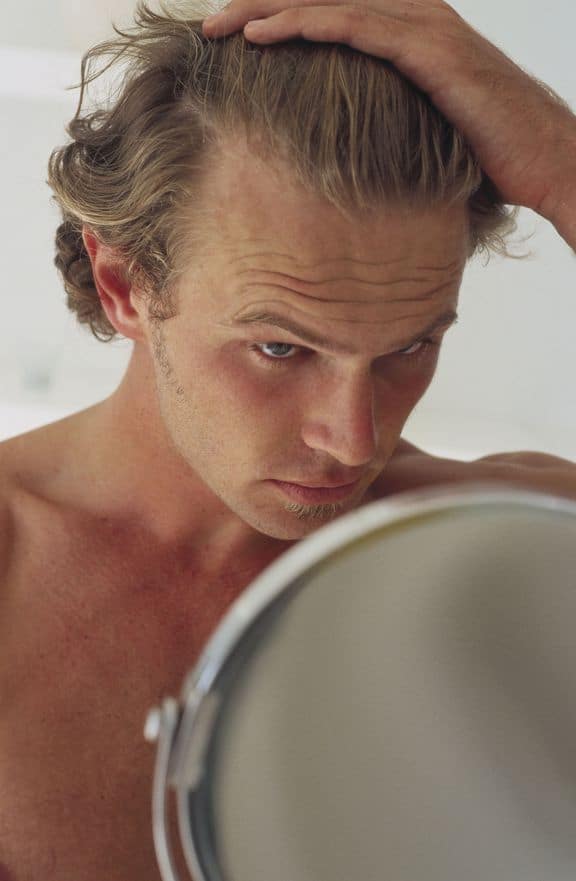Earlier this year it was revealed that Zayn Malik struggled with an eating disorder while in the boy band One Direction. With this revelation, people have been forced to reassess their preconceived notions of body image and its impact on both men and women. The scientific community has known for a long time that eating disorders do not discriminate based on sex; both men and women experience the negative consequences of a negative body image, ranging from fad dieting to steroid abuse to complete eating disorders. But that has not stopped society as a whole from categorizing eating disorders as a uniquely female problem. Consider this a short guide to boys and body image, or how eating disorders and negative body image affects men as well as women.
Men Struggle with Body Image Too
Men may struggle with a different body image than women, but they can nevertheless be impacted by a negative body image. The way men see themselves can affect not only their inherent self-perception but how they behave and how they engage or withdraw from others. Like girls, boys start developing their body image from a young age, based largely on the social and psychological cues given to them by their parents. With a little time, body image is influenced by outside factors like school peers and media images. Under healthy circumstances, all of this combines to create a healthy body image. However, some men grow up simultaneously influenced by personal criticisms of their appearance and unrealistic images in the media. These negative influencers can create an unhealthy, negative body image later in life. In fact, research has shown that 95% of college-age men are dissatisfied with their bodies on some level – that’s 95 out of every 100 young men. While the pressures may look different, there is clearly a physical standard presented either in social circles or the media that give some men an unhealthy body image. This is the kind of negative approach that must be challenged, both for men and for women.
Negative Body Image Can Lead to Eating Disorders for Males
Men may be quieter about their negative body image than women, but that does not stop them from taking matters into their own hands. Body image issues in men and boys can lead directly to eating disorders. One large population study found that close to a quarter of individuals who suffer from either anorexia or bulimia are male, and roughly half of those suffering from binge eating disorders are men. Some of the warning signs for either the onset or presence of an eating disorder are more likely to be seen in males:
- Lowered testosterone
- Anxiety or stress over missed workouts
- Muscular weakness
- An obsession with bodybuilding or weight lifting
- Decreased interest in, or fears around, sex
- The use of steroids
The symptoms of eating disorders in males are largely the same as in females. Anorexia is associated with the refusal to gain or absolute fear of gaining weight. As a result, the person with anorexia may become unhealthily thin. Bulimia is characterized by repeated binge eating, which is immediately followed by purging the food (either by vomiting, using diuretics, or excessive exercise and fasting). Finally, binge eating is associated with multiple, recurring episodes of overeating. All three of these are severe disorders and can be life-threatening if left untreated. Thankfully, there is treatment available for those suffering from a negative body image and eating disorders can get help.
Negative Body Image and Eating Disorders: What to Do and What to Remember
One must directly address negative body image, and the eating disorders associated with it, in order to overcome them. Through the process, it is important to remember that a negative body image develops over many years, and even over the course of an entire life. Keeping this in mind, overcoming the negative body image and even the associated eating disorder can take a great deal of time and effort. Here is just a partial list of some of the things that you can do to start on this process:
- Talk to someone about it. Whether a friend or a trained psychologist, getting the help you need often means airing the issue out loud
- Change your focus from body weight and size to a holistic understanding of health and vitality
- Read up on body image issues – you are not alone in this
- Commit to treating your body and yourself with respect

